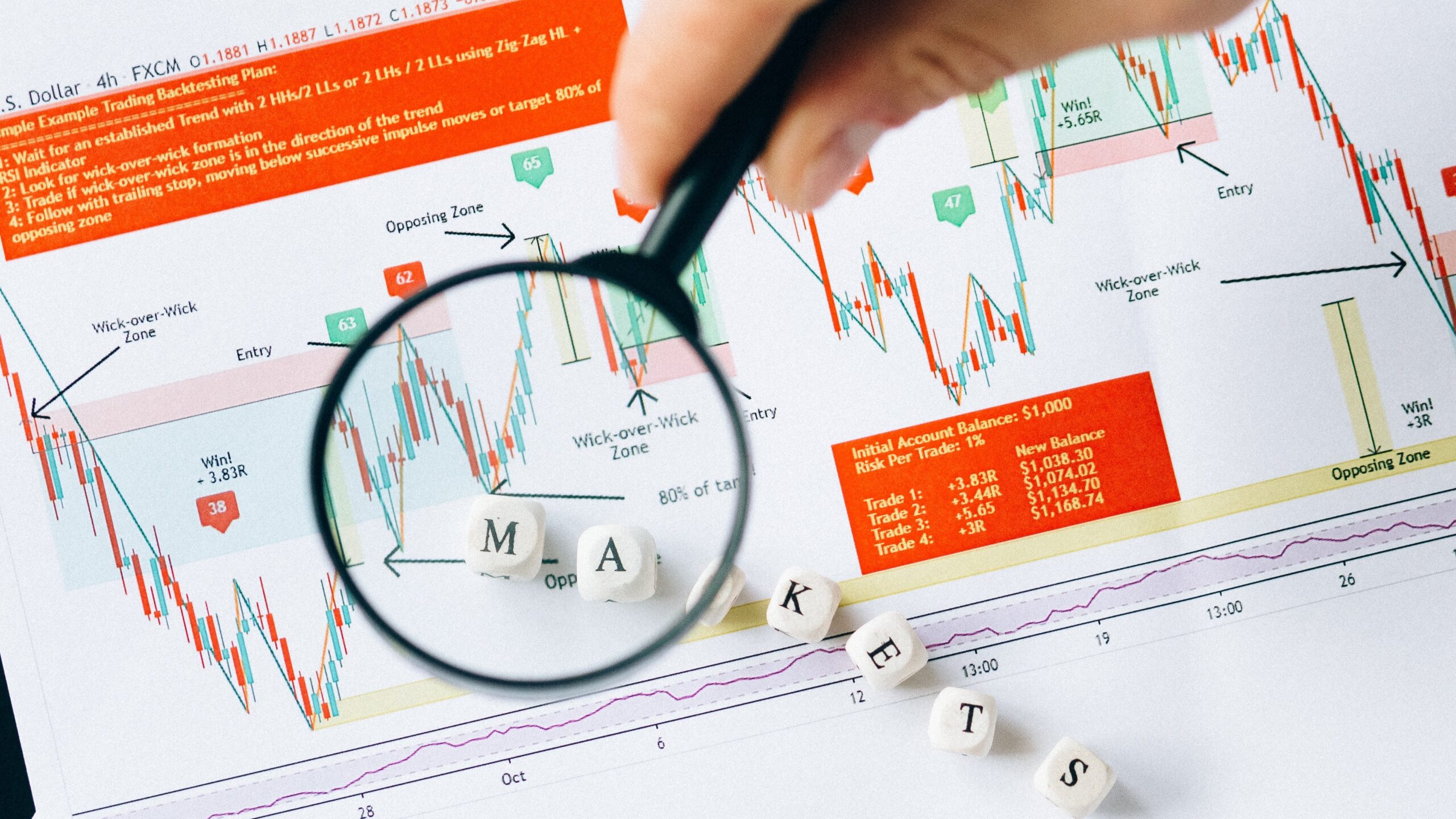The best approach to begin your forex journey is to learn the language. Following that, you may consider the basic factors for selecting.
Without a question, the protection of your cash should be your first priority. To begin, be certain that the broker you select will not steal your cash. You can best protect yourself by only using a broker who is headquartered in and authorized by a financial body in a well-known financial center. An example of a good trader is ic markets, which has two different licenses.
Second, you must ensure that you will be able to reclaim your money even if the broker acts honestly but falls bankrupt for whatever reason.
Trading Terminology
Before you choose a trader, here are several keywords to get you started in this world of foreign exchanges:
Margin
Through a margin call, the investor effectively draws from the broker to hold greater positions than he’s able to handle using only his deposited cash. Special credit services are available for traders to employ for this purpose. In the event of accounts that deal in 100,000 monetary units, the reserve ratio is fixed at 1-2 percent. This indicates that a trader must deposit $1,000 in order to manage a $100,000 position.
Margin funds come with their own set of dangers and particular operating rules designed to minimize risk for both the trader and the broker. The distinction between margin and leverage is very straightforward.
Ask
The ask is the lowest price at which you appear to be interested in purchasing a currency (or offer). For example, if you publish an asking price of $1000 for EUR, it is the smallest number you are willing to pay in USD for a euro. In most cases, this valuation is greater than the trading price.
Bear market
A bear market occurs when currency prices decrease. Market declines are indicated as bear markets and are caused by dismal macroeconomic factors or disastrous occurrences including an economic meltdown or natural disaster.
Bull market
A bull market occurs when all exchange prices rise for a specific coin. Bull markets show a market surge and are triggered by the good news about the global economy.
Pip (Percentage in point)
A pip is an abbreviation for “percentage in point” or “price interest point.” It is the smallest price change in foreign exchange markets, equivalent to four decimal points. One pip = 0.0001. That’s why 10,000 pip equals a whole dollar.
However, the worth of a pip may vary depending on the standard lot size provided by a trader. Each pip in a typical $100,000 lot is worth $10. Because currency markets operate with high leverage, small price swings (expressed in pips) will have a huge influence on the deal.
Leverage
Leverage refers to the utilization of borrowed funds to increase earnings. The forex market is well-known for its enormous leverage, and traders commonly use it to increase their holdings.
A high-leverage position, from the other extreme, raises downside risks and can result in significant losses.
